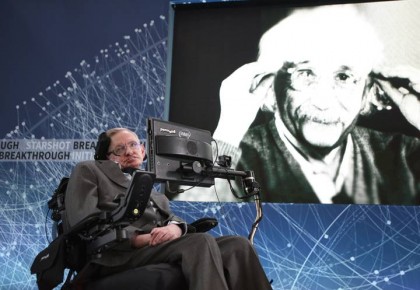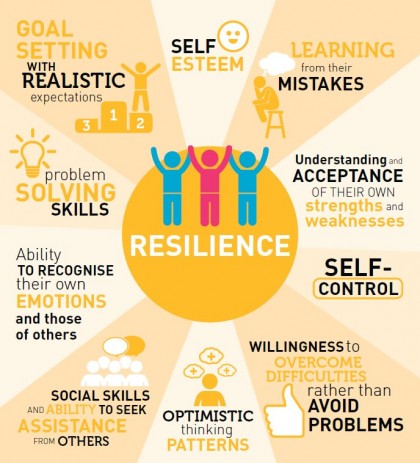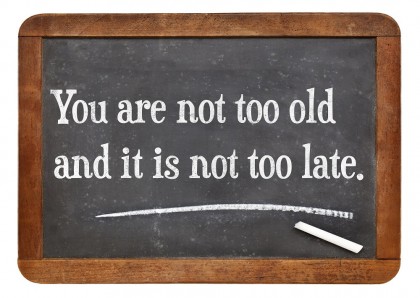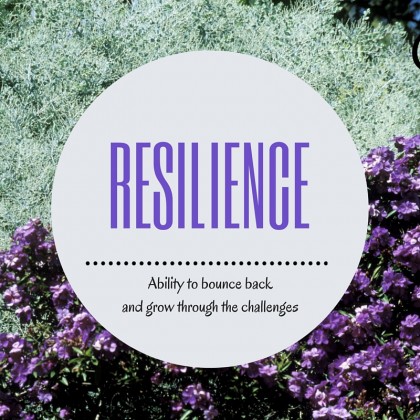Spring New Shoulder Moon
 As one of Dr. Agronin’s youngest informants said, even when physical decline and losses restrict one’s options, there remains the capacity to appreciate and approach each day with a sense of purpose. “It’s all about how you frame what you have,” she told him.
As one of Dr. Agronin’s youngest informants said, even when physical decline and losses restrict one’s options, there remains the capacity to appreciate and approach each day with a sense of purpose. “It’s all about how you frame what you have,” she told him.
He cites the concept of “positive aging” developed by Robert D. Hill, a psychologist in Salt Lake City, that is “affected by disease and disability, but not contingent upon avoiding it.” Rather, it is “a state of mind that is positive, optimistic, courageous, and able to adapt and cope in flexible ways with life’s changes.” Finding Meaning and Happiness in Old Age, NYT, March 20, 2018
The third phase of our lives, the one that we enter when career and creating a family have faded in importance, or ended, has a mental image for most of us past 65 of decline, of a gradual decrease of abilities and agency. This image comes from our childhood when retirement was predominantly of the finish line sort, work was over, now we wait. That waiting often wasn’t long with heart disease or stroke or a bad fall ending it.
 Hopefully, our children, the millennials among them, will look at us and come to that phase of their lives with a different image. My hope is that they will see that aging is the accumulation of years, not a time of diminished hope and diffuse fear, but life continuing. If that image can become dominant, it will look like the diverse approaches people have to their first and second phases. In other words the third phase will have as many distinct trajectories as there are people who enter it. It will not be dormancy, or a pause before dying, but life itself.
Hopefully, our children, the millennials among them, will look at us and come to that phase of their lives with a different image. My hope is that they will see that aging is the accumulation of years, not a time of diminished hope and diffuse fear, but life continuing. If that image can become dominant, it will look like the diverse approaches people have to their first and second phases. In other words the third phase will have as many distinct trajectories as there are people who enter it. It will not be dormancy, or a pause before dying, but life itself.
Is the third phase the same, then, as the first two phases, just creakier? No. Like the first two, when education dominates, when building a career and raising a family dominates, it has its distinctiveness. Perhaps its most salient characteristic is open endedness. In the third phase there is, at least now, no culturally limned outline; perhaps that will change, I don’t know, but right now, thanks to the old finish line model of retirement, the third phase has no particular flavor. Or, perhaps, it has a negative flavor as I indicated above, of decline and loss of agency. Even that negative flavor though leaves the third phase open.
That very undefined nature daunts a lot of people. If your life counted on work for self-definition, if your family, with children or not, made your life worthwhile, the thought of years, maybe as many as 25 or thirty, with no such hooks for meaning can make the future look bleak, as if you were entering a time when life flows on around you, in spite of you, even without you.
 I like Robert Hill’s definition of positive aging: (It’s) “affected by disease and disability, but not contingent upon avoiding it.” Rather, it is “a state of mind that is positive, optimistic, courageous, and able to adapt and cope in flexible ways with life’s changes.”
I like Robert Hill’s definition of positive aging: (It’s) “affected by disease and disability, but not contingent upon avoiding it.” Rather, it is “a state of mind that is positive, optimistic, courageous, and able to adapt and cope in flexible ways with life’s changes.”
The idea of resilience has gotten a lot of play recently. My sense is that is key to positive aging.
A telling article on resilience in childhood from the Harvard Center for the Developing Child has some hints for us third phase folk. For instance, here are some factors that enhance resilience in children:
- facilitating supportive adult-child relationships;
- building a sense of self-efficacy and perceived control;
- providing opportunities to strengthen adaptive skills and self-regulatory capacities; and
- mobilizing sources of faith, hope, and cultural traditions.
 Not only in children, I think. Resilience can allow us to accept the changes of the aging body without losing hold of the power of our own lives. With a resilient personality even ALS will not cause us to stop growing. Just look at Stephen Hawking.
Not only in children, I think. Resilience can allow us to accept the changes of the aging body without losing hold of the power of our own lives. With a resilient personality even ALS will not cause us to stop growing. Just look at Stephen Hawking.
As we enter the third phase, or as we cope with its vague demands, focusing on enhancing our resilience will help us adapt, remain flexible. Perhaps resilience is nothing more than following the tao, finding the energy and flow of the universe no matter what externalities are present in life. I’d like to think so.
